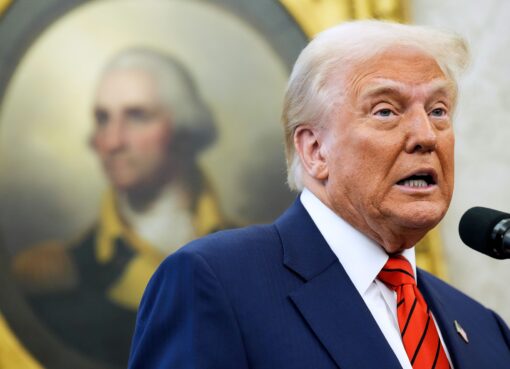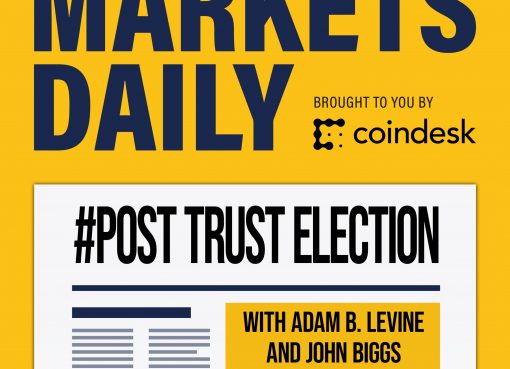Crypto derivatives exchange FTX recently launched “TRUMP,” a new futures trading product that lets users bet on President Trump’s re-election in 2020.
“So far most of the volume has traded on the offer, implying that traders think Trump is likely to win re-election,” an FTX representative told CryptoX. The TRUMP crypto product is merely a futures contract that is worth $1 if Trump wins the 2020 presidential election and $0 if he does not.
TRUMP’s value at any given moment can be understood as an expression of how likely the traders think he is to win at any given moment. When TRUMP is worth $0.50, users are effectively saying The Donald’s victory is a 50-50 shot.
At the time of this writing, the contract is worth $0.62.
FTX specifically restricts the usage of TRUMP from a number of countries, including the European Union, Hong Kong, and Canada. Use of the contract is even banned in the United States, the very location of the election that determines the ultimate value of the TRUMP crypto contract.
Crypto trader and influencer Moon Overlord offered a comedic response to the geographic restrictions, tweeting:
Derivatives products seem complex at first
Crypto derivatives trading has expanded significantly over the past several years, with exchanges such as BitMEX and OKEx posting significant trading volume for their Bitcoin futures trading products. Mainstream finance even jumped on the bandwagon with the Chicago Mercantile Exchange’s Bitcoin futures trading launch in 2017, and its later options trading launch in 2020.
These derivative products aren’t cryptocurrencies, however. Participants cannot send futures, options or other derivatives to other exchanges. These products trade contracts that are native to the exchanges hosting them. The same goes for FTX’s TRUMP product.
FTX decided on futures instead of smart contracts
FTX could have launched TRUMP as a decentralized, smart contract-settled betting product like those seen in Augur’s predictive markets. Yet FTX decided to go the derivatives route.
An FTX representative said:
“There are two main reasons that we used a futures contract instead of a smart contract. The first is that futures allow for much more powerful and flexible margin; the second is that a smart contract would rely on a blockchain-based oracle to settle the contract anyway, which would mostly defeat the attempt at decentralizing the result.”
As the crypto market continues to chase mainstream finance and the products it offers, traders can expect more elaborate trading products like TRUMP in the future. As part of a similar movement, FTX recently launched Bitcoin options trading in January 2020.




